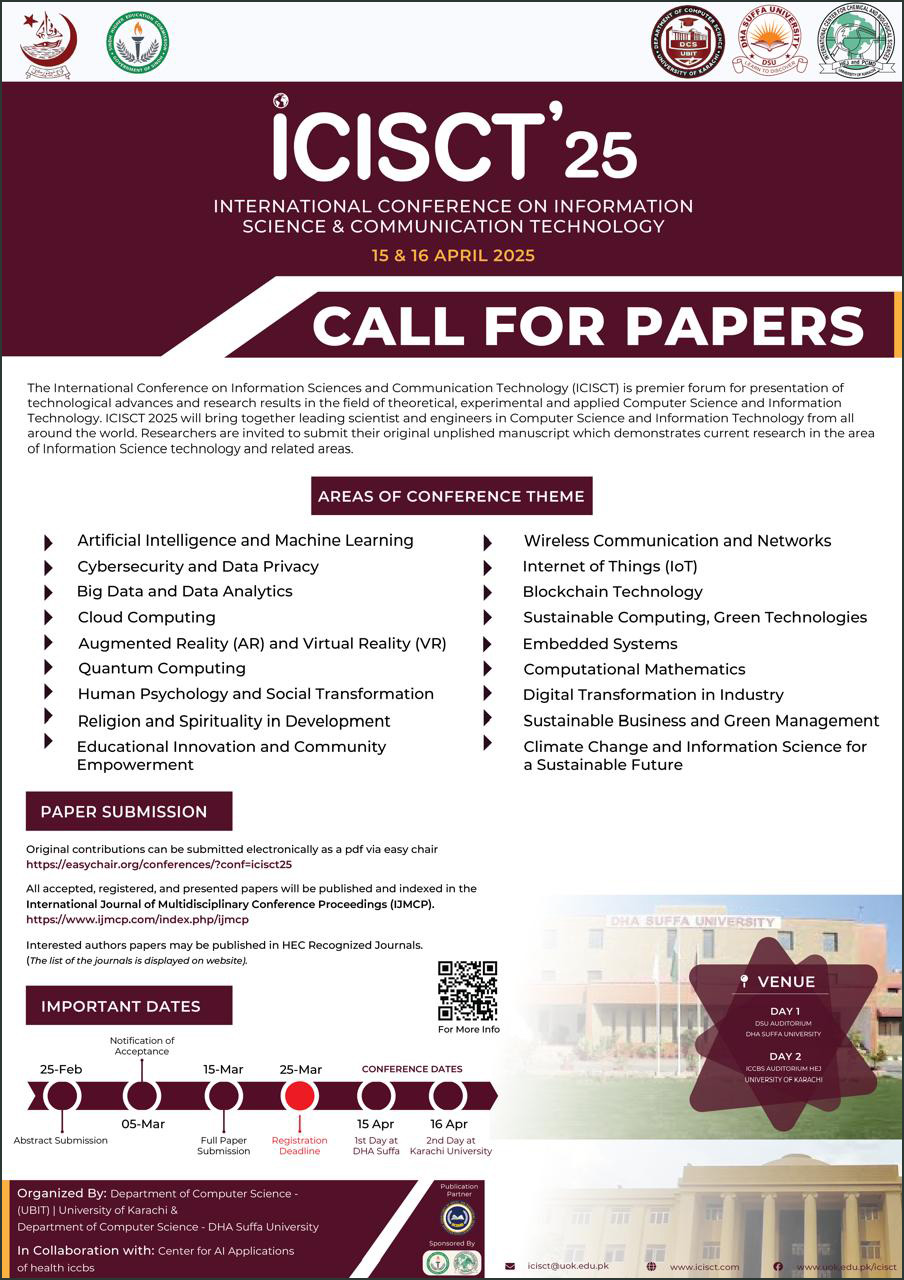Impact of International Migration on the Socio-Economic Well-being of Afghan Refugees: A Study Conducted on the Refugees in Peshawar, KPK
DOI:
https://doi.org/10.61503/cissmp.v1i2.17Keywords:
Migration, Forced Displacement, Military conflicts, Well-being, CultureAbstract
Armed conflict, brutality, and political unrest have recently caused internal migration and displacements worldwide. During the past ten years, refugees have emerged as the world's fastest-growing demographic. Afghanistan has been an epicentre of political disabilities, civil and military conflicts, and scores of natural and man-made disasters including the recent 20 years of turmoil. A consequence of the turmoil is the huge number of Afghan refugees scaling to be the largest number of refugees around the world. The purpose of the study is to know the Socio-Economic well-being of Afghan Refugees after the migration towards Pakistan. The Universe of the study was Peshawar District of KPK Province. The study was quantitative in nature. Multistage sampling technique was used to collect the data from the refugees residing in Peshawar district. The result revealed that the situation of Afghan Refugees was better. Most of the Afghan Refugees were agreed that their socio-economic condition was improved. Most of the refugees had opinion that there were lot of cultural similarities with the culture of KPK that is why they got settled earlier and their well-being had not affected badly.
Downloads
Downloads
Published
Issue
Section
License
Contemporary Issues in Social Sciences and Management Practices (CISSMP) licenses published works under a Creative Commons Attribution-NonCommercial (CC BY-NC) 4.0 license.









